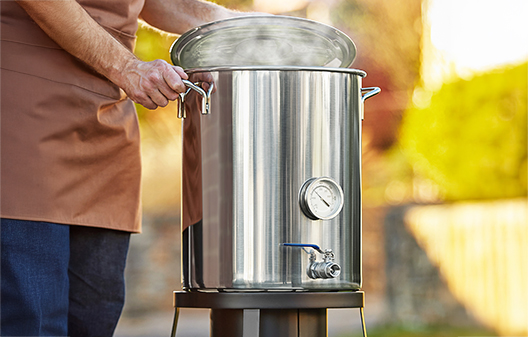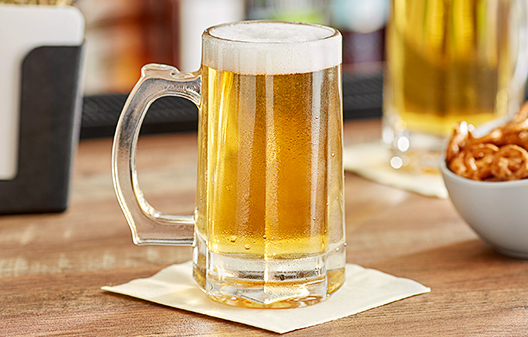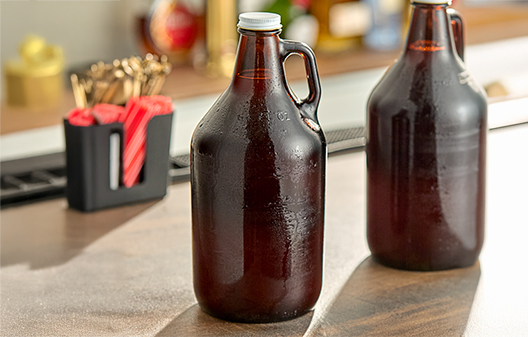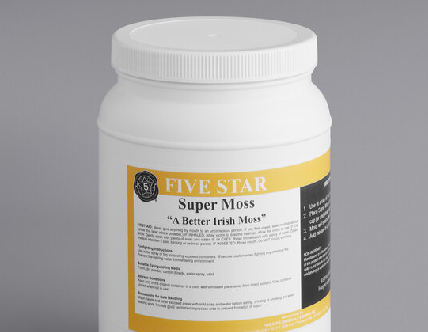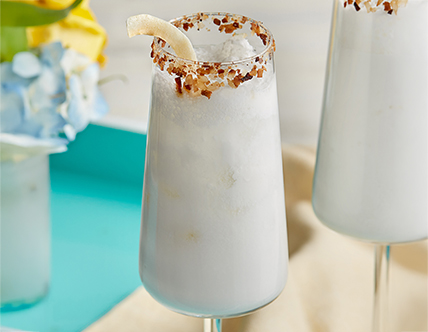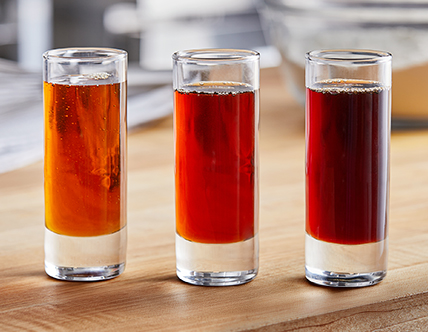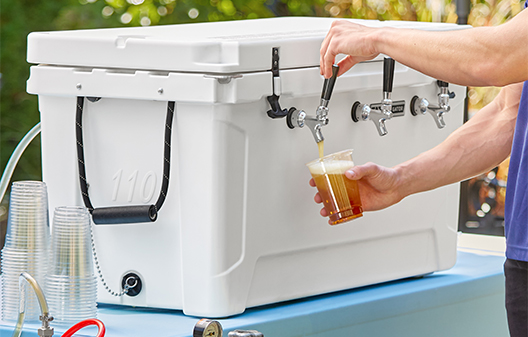Brewery Equipment & Supplies
Brew, Serve, and Store Your Customers' Favorite Beers With Brewery Supplies

Beer Brewing Equipment and Accessories
Shop 6 Categories
Our selection of beer brewing equipment and accessories includes all the necessary equipment and supplies you need to brew high-quality beers.
Beer Glasses
Shop 367 Products
We offer several different styles of beer glasses, including beer mugs, pilsner glasses, and tasting flights, so you can serve your signature brews in style.
Beer Growlers and Accessories
Shop 11 Products
Browse our beer growlers and accessories to package your beverages for sale as you see fit.
Brewing Ingredients
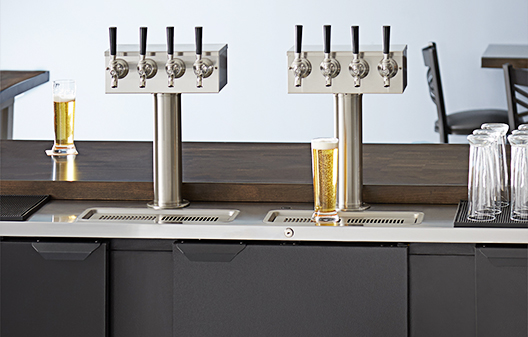
Keg Tapping, Dispensing, and Storage
Serve beer on tap using our keg tapping, dispensing, and storage products, including beer dispensers, keg racks, and brewery hoses.
Portable Beer Dispensers and Accessories
Shop 101 Products
Portable beer dispensers and accessories are perfect for serving beer on the go, whether catering large gatherings or serving brews at a community event.
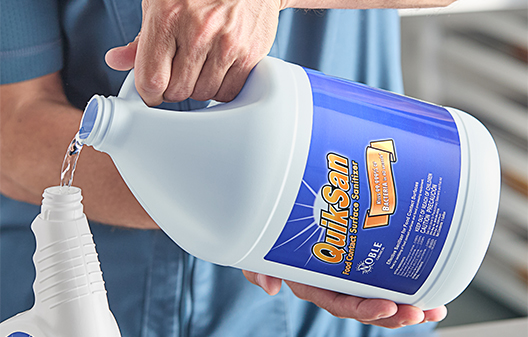
Cleaning and Sanitizing Equipment
Keep your beer glasses, keg lines, and beverage equipment in the best possible condition with our cleaning and sanitizing equipment.
Top Products
Brew, Serve, and Store Your Customers' Favorite Beers With Brewery Supplies
Our selection of brewery supplies includes all the necessary tools, equipment, and serving products you need to prepare and sell high-end beverage service in your establishment. Brewing beer is a science, and it's essential to stock up on the proper supplies to make it the right way. No matter what your tastes are or what style of beer you want to serve, our brewery supplies and equipment help you set your alcoholic beverage selection above the competition.
Whether you manage a craft brewery, pub, or want to offer beer in your restaurant, our brewery equipment helps you prepare your signature brews. Our equipment includes brewing systems and filtration supplies to give you full control over the beer-making process. We also offer accessories like stock pots, thermometers, and paddles, ensuring you have the right tools for the job.
